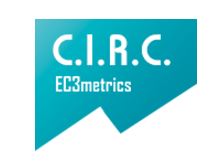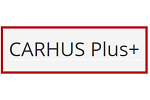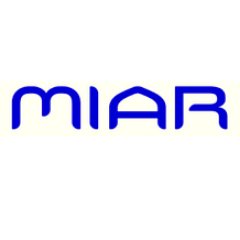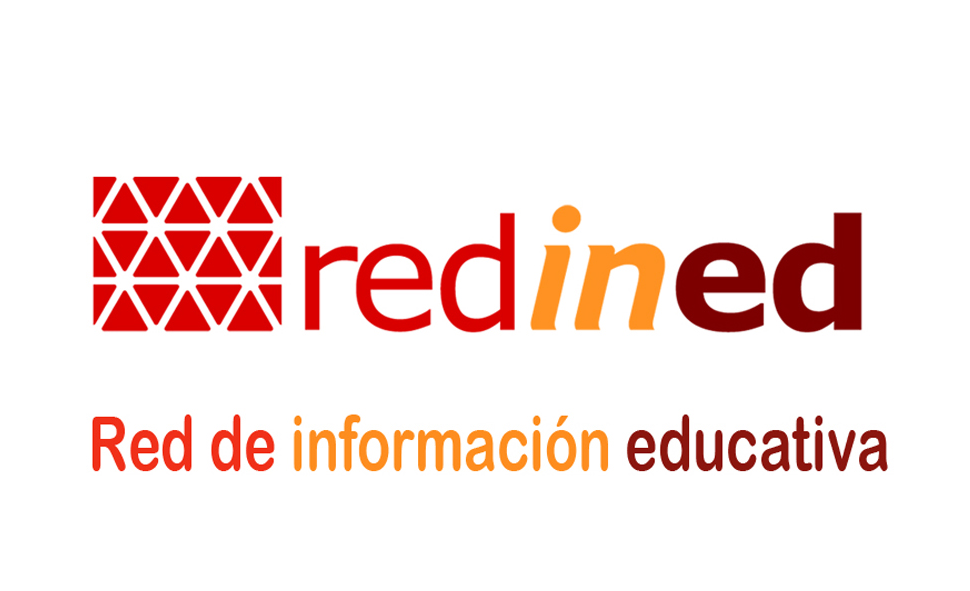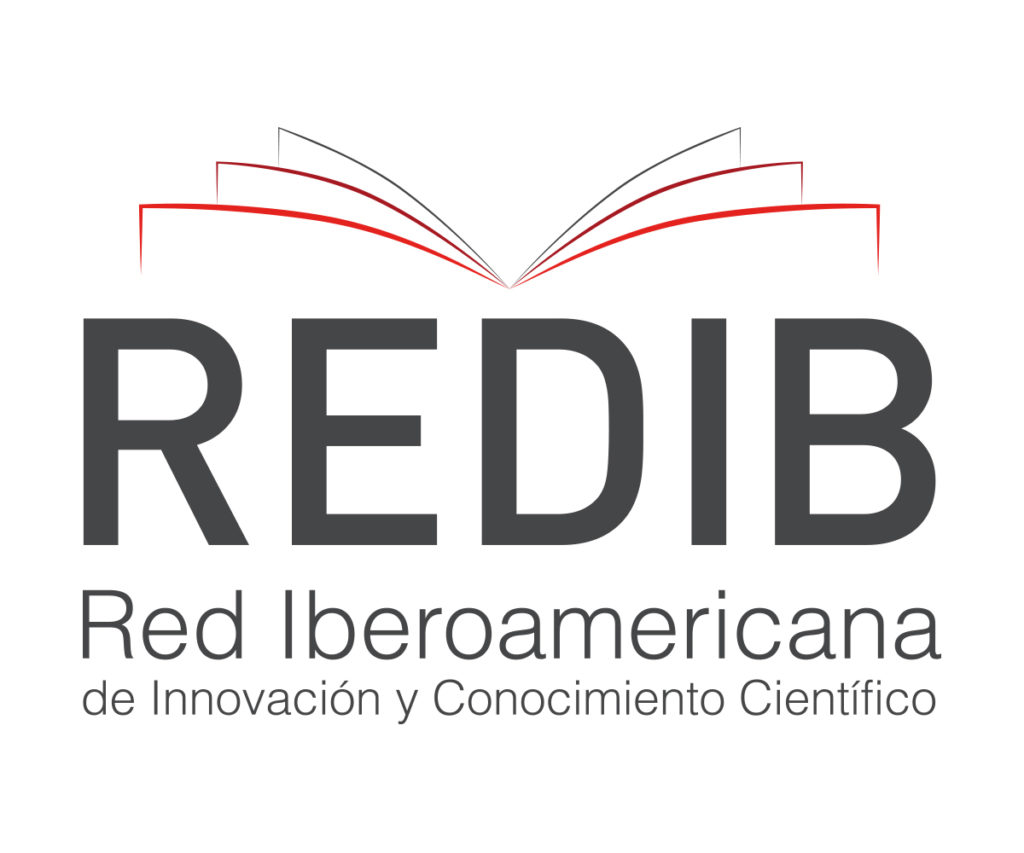About the Journal
Focus and Scope
Didáctica de las Ciencias Experimentales y Sociales is a journal dedicated to research in teaching of Physics, Chemistry, Biology and Earth Sciences, Environmental and Sustainability Education, Health Education and didactics of History and Geography.
Manuscripts submitted for publication must be unpublished and not be under evaluation in other journals, including electronic editions.
Peer Review Process
Original manuscripts will be sent to two external reviewers, by the blind peer-review method, ad hoc selected. The process will not be delayed beyond four months.
Manuscripts will not be accepted for publication until it has completed the evaluation process positively.
Open Access Policy
This journal provides immediate open access to its content on the principle that making research freely available to the public encourages more sharing of global knowledge.
Indexing
he journal Didáctica de las Ciencias Experimentales y Sociales is included and indexed in ESCI (Emerging Sources Citation Index de la WoS), DOAJ (Directory of Open Access Journals), INRECS (Índice de impacto de las revistas españolas de Ciencias Sociales), CIRC (Clasificación Integrada de Revistas Científicas), ISOC (bases de datos del CSIC: Ciencias Sociales y Humanidades), LATINDEX (Sistema de Información de Publicaciones Científicas Seriadas de América Latina, el Caribe, España y Portugal sobre las publicaciones científicas seriadas producidas en la región), DICE (Difusión y Calidad Editorial de las revistas españolas de Humanidades, Ciencias Sociales y Jurídicas), REDINED (Red de bases de datos de Información Educativa), DIALNET, MIAR, CARHUS Plus+ and REDIB (Red Iberoamericana de Innovación y Conocimiento Científico).
ESCI Emerging Sources Citation Index de Web of Science
DOAJ Directory of Open Access Journals
INRECS Índice de impacto revistas españolas de Ciencias Sociales
CIRC Clasificación Integrada de Revistas Científicas
ISOC Bases de datos de las revistas de Ciencias Sociales y Humanidades del CSIC
DICE Difusión y calidad editorial de las Revistas españolas de Ciencias Sociales y Jurídicas
Redined Red de Bases de Datos de Información Educativa
Dialnet Portal de difusión de la producción científica hispana (Universidad de La Rioja)
REDIB Red Iberoamericana de Innovación y Conocimiento Científico (CSIC y Universia)
MIAR: Matriz de Información para el Análisis de Revistas
ERIHPLUS: European Reference Index for the Humanities and the Social Sciences
Ethical Code
ETHICAL CODE OF THE REVISTA DIDÁCTICA DE LAS CIENCIAS EXPERIMENTALES Y SOCIALES
The Teaching Journal of Experimental and Social Sciences is inspired by the ethical code of the Committee on Publication Ethics (COPE) and the principles of transparency and good practices of the Open Access Scholarly Publishing Association (OASPA).
Responsibility of the authors
Originality and plagiarism. Authors who submit an article proposal to the journal must confirm that the submitted manuscript is original and recognize and cite the content reproduced from other sources. They must also affirm that the article, as it was presented, is not considered or has been accepted for publication in another magazine or means of disclosure. In the case of some overlap of information with other works already published, they must provide the editor with a copy of these works to check that level of overlap.
Bibliography and list of sources. The authors must always provide the correct indication of the bibliographic and other sources, as well as any contribution mentioned in the article.
Funding source. The authors should indicate if the submitted article is the result of public or private funding, as well as provide the correct identification of that funding source.
Authorship and responsibility The authors accept responsibility for what has been written and must confirm that all the data published in the article are real and authentic. They will also confirm that all the authors have contributed significantly to the research.
Access to data Authors who submit a proposal for an article to the Didactic Journal of the Experimental and Social Sciences must keep an exact record of the data related to the original submitted, and provide or facilitate access to this data to the editor if required. this circumstance.
Research, experimentation and ethical responsibility. In the case of works that involve people (teachers, students, parents, etc.) as participants of empirical studies, the authors who make an article proposal to the Didactic Journal of Experimental and Social Sciences should guarantee the approval by these subjects of their participation in the investigation, their express permission for the disclosure of the results and respect for their privacy.
Conflicts of interests. The authors must declare any possible conflict of interest that could exert undue influence at any time during the publication process.
Errors detected in the works. In the case of detection of errors in the submitted manuscript, the authors should immediately notify the editor of the journal of this circumstance. They must cooperate with the editor to publish a statement of errata, addendum, notice of correction of errors, or to withdraw the article, when deemed necessary.
Responsibility of editors
Qualified review. The editors of the Didactic Journal of Experimental and Social Sciences will guarantee the selection of the most qualified reviewers and specialists scientifically to issue a critical and expert assessment of the work with the least possible bias.
Objectivity and non-discrimination. The editor of the Didactics of Experimental and Social Sciences journal should act in a balanced, objective and fair manner in the exercise of their expected functions, without discrimination on grounds of gender, sexual orientation, religious or political beliefs, origin ethnic or geographical origin of the authors.
Procedure before problems of ethical character. The editor of the Didactics of Experimental and Social Sciences will adopt reasonable procedures in case of ethical or conflict of interest claims. It should give the authors a reasonable opportunity to respond to complaints received about the manuscript. All complaints must be investigated no matter when the original publication was approved. The documentation associated with that type of complaint will be retained.
Confidentiality The publisher undertakes not to disclose information regarding articles sent for publication to other persons than authors, reviewers and editors. The editor and the Editorial Committee are committed to the confidentiality of the manuscripts, their authors and reviewers, so that anonymity preserves the intellectual integrity of the entire process.
Responsibilities of the reviewers
Decision making and quality. The reviewers of the Didactic Journal of Experimental and Social Sciences should contribute to the decision-making process and help in improving the quality of the work published through a review of the manuscript in an objective, balanced and fair manner.
Confidentiality
Confidentiality The publisher undertakes not to disclose information regarding articles sent for publication to other persons than authors, reviewers and editors. The editor and the Editorial Committee are committed to the confidentiality of the manuscripts, their authors and reviewers, so that anonymity preserves the intellectual integrity of the entire process.
Responsibilities of the reviewers
Decision making and quality. The reviewers of the Didactic Journal of Experimental and Social Sciences should contribute to the decision-making process and help in improving the quality of the work published through a review of the manuscript in an objective, balanced and fair manner.
Confidentiality The reviewers must maintain the confidentiality of any information provided by the editor or authors.
Communication about plagiarism. The reviewers of the Didactics of Experimental and Social Sciences journal should alert the editor of any content published or presented that is substantially similar to the one being examined.
Conflict of interests. The reviewers must detect any possible conflict of interest (financial, institutional, collaborative or other relationships with the author) and alert the editor of this question in case it is necessary to withdraw their collaboration.
La Revista Didáctica de las Ciencias Experimentales y Sociales adheres to the ethical standards of the Committee on Publication Ethics (COPE), and to the principles of transparency and good practices of the Open Access Scholarly Publishing Association (OASPA):
http://publicationethics.org/files/Code_of_conduct_for_journal_editors_Mar11.pdf
http://oaspa.org/principles--of--transparency--and--best--practice--in--scholarly-- publishing /
Journal History
Didáctica de las Ciencias Experimentales y Sociales is a journal created in 1989 aimed at becoming a platform to disseminate and exchange experiences and research related to the didactic of Experimental and Social Sciences.
It is one of the first Spanish periodical publications dedicated to this field and has come to be present in almost all Spanish universities and in a large number of European and Ibero-American universities and research centers.
Since 2016, this journal is published twice a year only in digital version.


